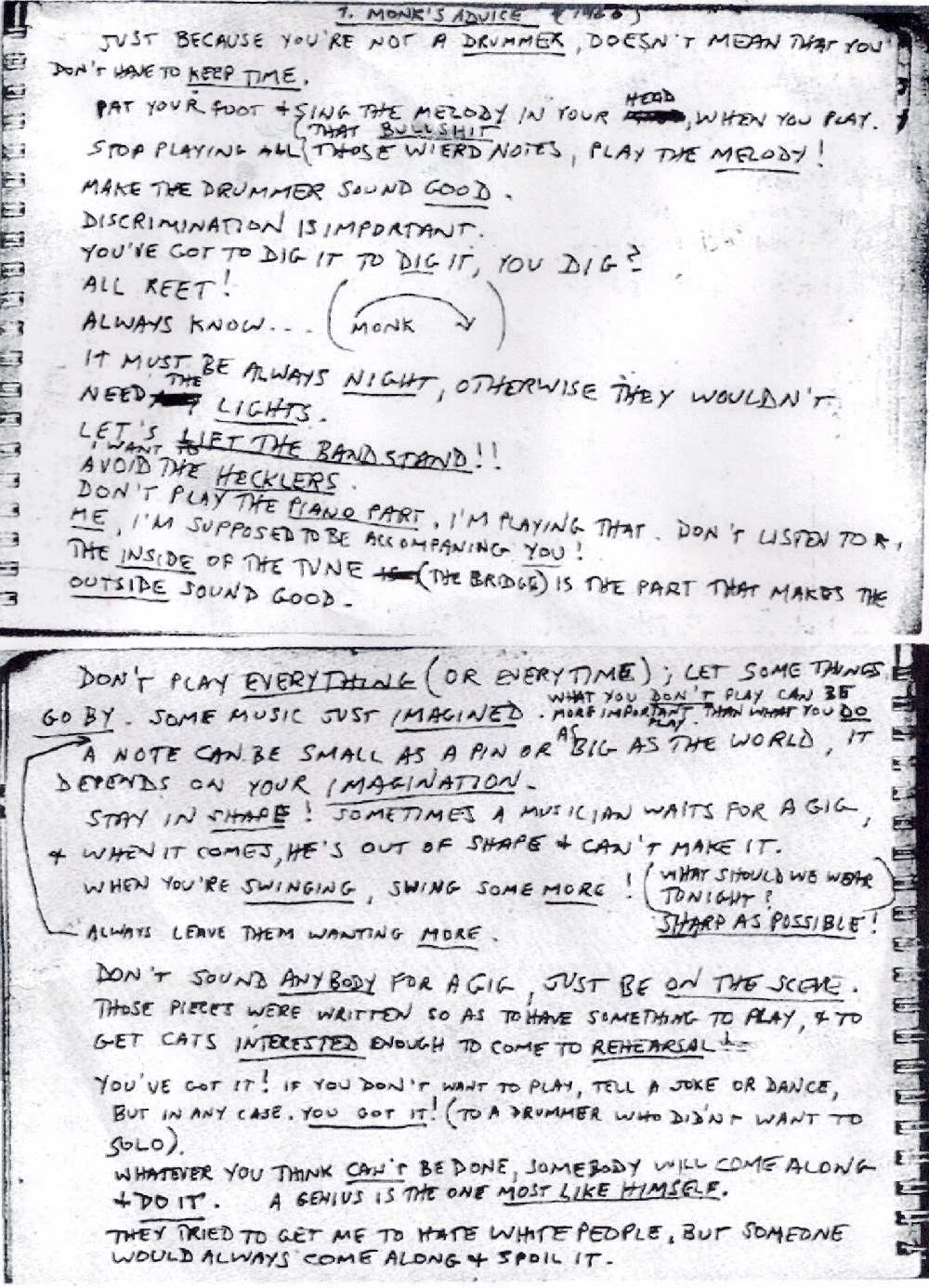Over the past month, I’ve spent a lot of time thinking about reflection. This hasn’t been easy – I’ve actually stopped writing and walked away from this piece multiple times. It’s not that I don’t value reflection (both for professional and personal growth) but the act of reflecting requires vulnerability, which is something that I struggle with.
As much as I’ve tried to write about something else, it seems that I keep coming back to this. Whether through conversations with friends or colleagues or the random article showing up in my inbox – I can’t escape this topic. So, despite my fear of appearing vulnerable, of sharing this part of myself, I am going to discuss the role reflection is playing in my life currently and how I can be more diligent in my efforts to give myself time and space for reflecting.
In a recent conversation with a colleague, I was forced to take a hard look at my impact on our team. The work I do wasn’t in question, but the role my actions and words play on building a more connected team was. No one wants to hear that they could be responsible for negative impact. And I especially don’t want to hear this since I’m new to the team and my goal, since arriving in October, has been to be a positive spark.
Immediately following this conversation, I decided that I had to take time to slow down – to think more about the role I play on our team and how I can act as a bridge, rather than a roadblock. I have to own this – I have a responsibility to take a step back and reflect on my actions and words. And not just think about these things, but to use this reflection to actually create actionable change.
I read an article recently from Harvard Business Review about the importance of making time for self-reflection, even when you don’t want to. Even when you hate it! Not only was this article timely for me, it gave me some good questions to start with:
What are you avoiding?
How are you helping your colleagues achieve their goals?
How are you not helping or even hindering their progress?
How might you be contributing to your least enjoyable relationship at work?
How could you have been more effective in a recent meeting?
For the past month, I’ve journaled and worked through these questions – considering my impact on others. The result was two, awesome conversations with my supervisors where I was able to clearly articulate my professional goals, my learning and growth, and how I think I can be an integral part of our team’s work moving forward. Without taking time to reflect, I am certain these conversations would have gone differently. My reflection allowed me to stop feeling victimized – something that will absolutely always hinder progress.
I’ve also made a commitment to myself to spend more time reflecting on the learning experiences that I design and facilitate for others. After I travel and deliver content to educators, I always look at their evaluations of the sessions and read any other reflections that I ask them to complete. I engage with this feedback – but not in a way that feels effective enough. In the past, I’ve been more interested in how my participants felt about me, as their facilitator:
Did they like me?
Did I deliver content in a way that was not condescending?
Did they enjoy my humor and anecdotes?
While this helps to make me feel better about myself, unfortunately, my lack of true reflection does little to help my work evolve and grow. Generally, building relationships with people I am working with is not hard, but my confidence in my ability to design creative and innovative content is something I struggle with. And this is one of my goals – I want to design content that has real impact on both educators and students.
Reflection requires us to allow ourselves to be vulnerable. True reflection (the kind that really makes you dig deep and helps you grow) makes us expose ourselves to the possibility that we aren’t perfect, great, or sometimes even good. The thing is, that’s okay. It’s what we do with this knowledge to affect change in our own lives and practice that really matters.








